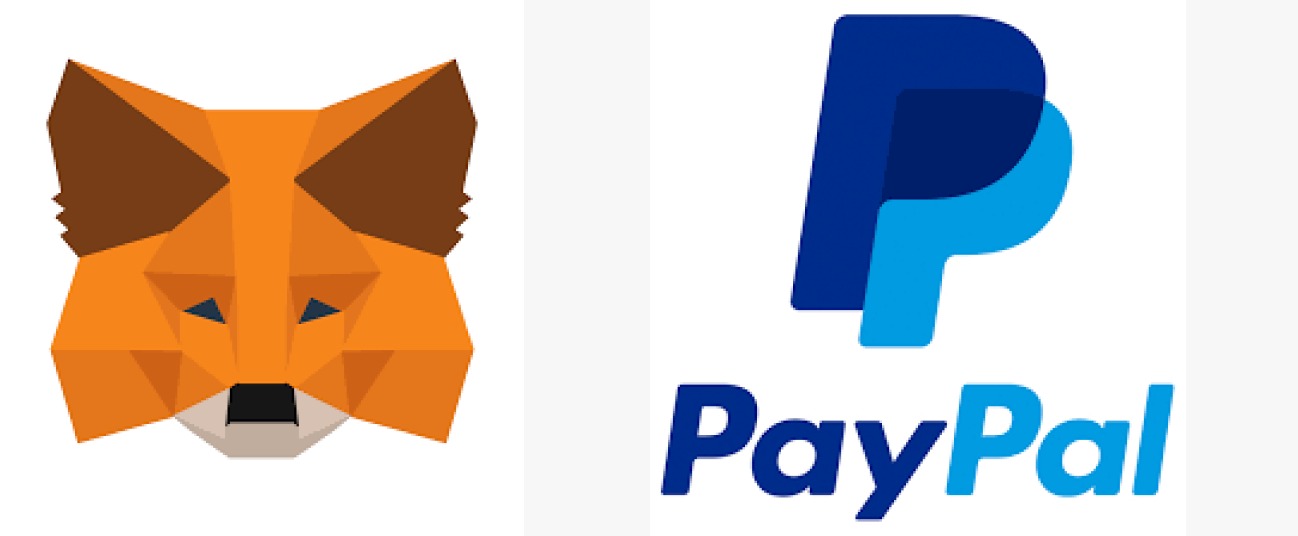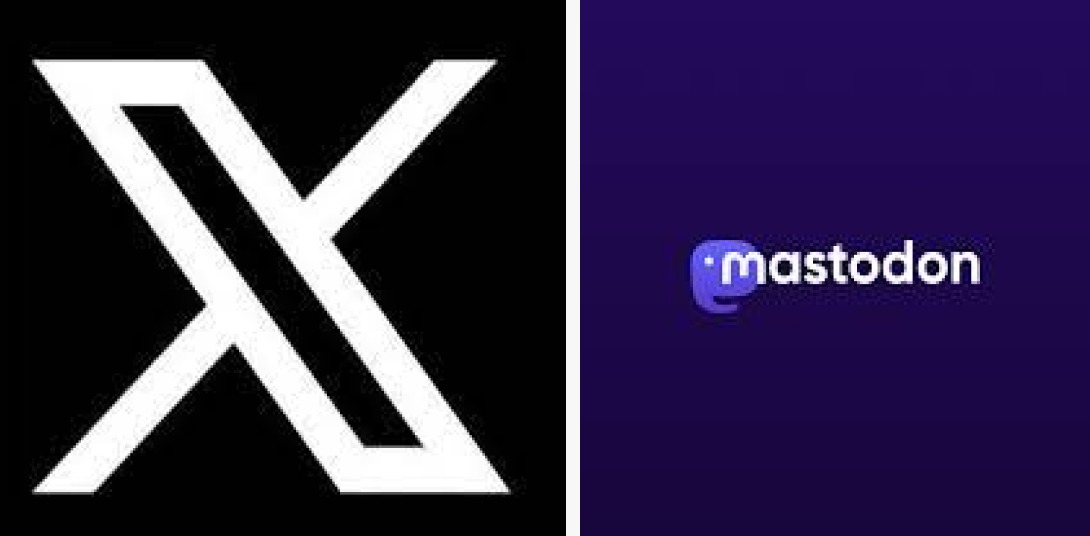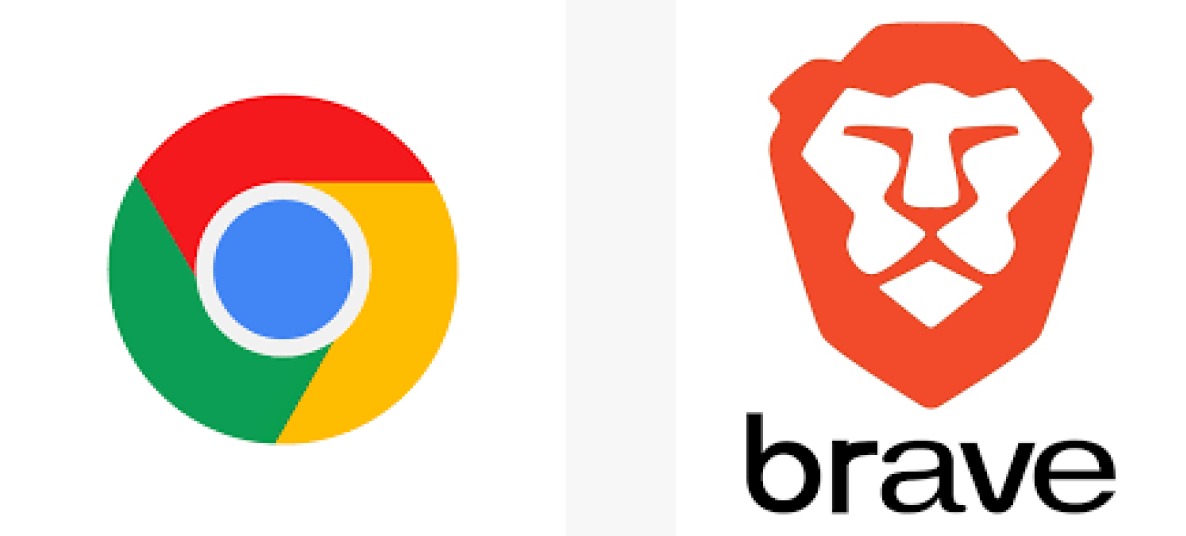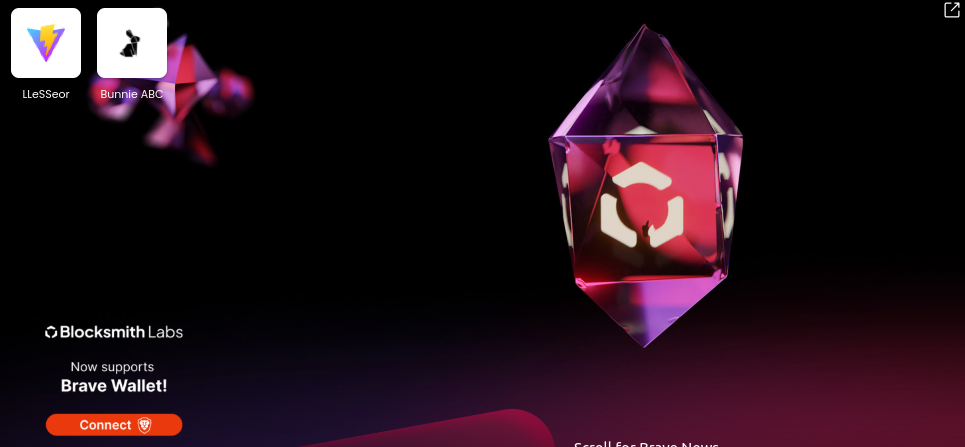Many decades ago, you, the Web, and I did not exist. The people who came before us created everything, and for this, we say thanks. A few years have passed since I joined the people who are building the future of the Internet. In this way, I get to bang my head on the wall for my newborn baby.
The web was not built as we know it today, it is constantly evolving several things from HTTP1 to 3 in this post we’ll talk more about the third Web comparing different technologies we’ll have to embrace in the future. We’ll compare apps that we currently use in our day-to-day lives with their Web3 alternatives.
PayPal VS MetaMask
Paypal is an online payment system that allows you to pay and receive money online. Built by Max Levchin, Peter Thiel, and Luke Nosek as Confity and later Merge with Elon Musk’s X.com to become Paypal with Musk as the CEO. This happened in Two years. Paypal later went public as PYPL. Paypal is controlled by the Guys at Paypal and the Paypal fraud detection algorithm that sometimes calls false flags takes your wealth away with no way around it
The people needed a way to control their funds hence bitcoin and Ethereum became so popular. But how do you interact with your crypto address in a completely decentralized way? There are many ways to do that but as of today October 2-2023 MetaMask leads. You can send any amount of crypto on the ERC20 blockchain. While we are here “Crypto exchange firms are not decentralized, your chance of losing your assets to Binance is possible.”

Youtube VS Odysee
We all love YouTube, while a percentage of folks hate YouTube selling their attention to advertisers I wanted to point out that developers at YT who make it possible have to feed their families YouTube is not a non-profit organization. I’d recommend you check YouTube Premium
YouTube is highly censored though, especially for content creators, content gets demonetized or pulled down, and in a worst-case scenario, your channel gets wiped off. When you get to this point, YouTube will send you an email saying you violated their terms. But Google always tries to compensate content creators, as of 2023, you can build a career in Vlogging, SEO, or Managing YouTube accounts. For this we respect.
Meet OdySee, which works like YouTube without censorship. You get to own your content. Your fans tip you directly with Lib coins. The cool thing about Odysee is that you can just sync your YT account and they will just pull existing content. I’d highly recommend this so that when YouTube’s censorship catches up with you your content will be backed up.

X formerly Twitter VS Mastodon
Lately, X has done a good job of compensating content creators since Elon Musk’s “let that sink in” incident. A lot has changed but we’ll talk about that in another post sometime in the future Twitter was previously chaos. Hence we won’t complain.
Mastodon is a bit complicated, unlike Twitter or Threads 🙂. It provides a community-driven decentralized structure -highly customizable too. Mastodon might seem so complex at first cause of its decentralized nature.
To join Mastodon, choose an instance (server) to create an account, or join an existing one. After selecting your instance, sign up by providing your desired username and email address, and you’ll be part of the Mastodon social network.

Chrome VS Brave
Google Chrome is powered by the OpenSource that manages Chromium. And since it’s OpenSourced, the creators of Brave simply forked it sprinkled some features like AD-Blocking, earning some BAT (Basic Attention Tokens) which is optional, a wallet. Brave would be easily the best browser with some additional fixes. Google Chrome on the other hand is just one of the many ways you send requests and visit links on the web I could have used Safari, Opera, or Bing but we seem to all agree that Chrome is best. Well, until you meet Brave.

Google Authenticator VS WorldApp
Am so sure you have used “Sign-In With Google” It’s easy, you don’t have to remember your passwords. In the future, Skynet will try to rule us. Bots will have the power to hire and fire, and the human race will report to them. We will lose our jobs and report to these bots. Sounds bad? To prevent this, World Coin was born. I’d highly recommend you read the full Worldcoin article. In summary, World Coin simply ensures you are a unique human. Soon, social media apps like Threads, and Instagram will need you to prove that you are a unique human.

Some more Web3 Apps developments
Decentralized social media platforms: These platforms aim to give users more control over their data and privacy, and to reduce the power of centralized social media giants. Some examples include Mastodon, Nostr, and Diaspora.
Decentralized finance (DeFi) apps: These apps allow users to access financial services without the need for intermediaries such as banks. Some examples include Aave, Uniswap, and Compound.
Decentralized gaming apps: These apps allow players to own their in-game assets and to earn rewards for playing. Some examples include Axie Infinity, The Sandbox, and Decentraland.
Non-fungible token (NFT) marketplaces: These marketplaces allow users to buy, sell, and trade NFTs. Some examples include OpenSea, Rarible, and SuperRare.
Web3 identity and authentication apps: These apps aim to give users more control over their digital identities and to make it easier for them to log in to Web3 apps and services. Some examples include Ceramic Network, DIDKit, and Fortmatic.
Conclusion
I also want to add that Web 3.0 is not just about decentralized apps and services. It is also about a new way of thinking about the internet as a whole. In Web 3.0, users will have more control over their data and their online interactions. They will also be able to participate more directly in the governance of the Internet. Web 3.0 is still in its early stages of development, but it has the potential to revolutionize the way we use the internet.
